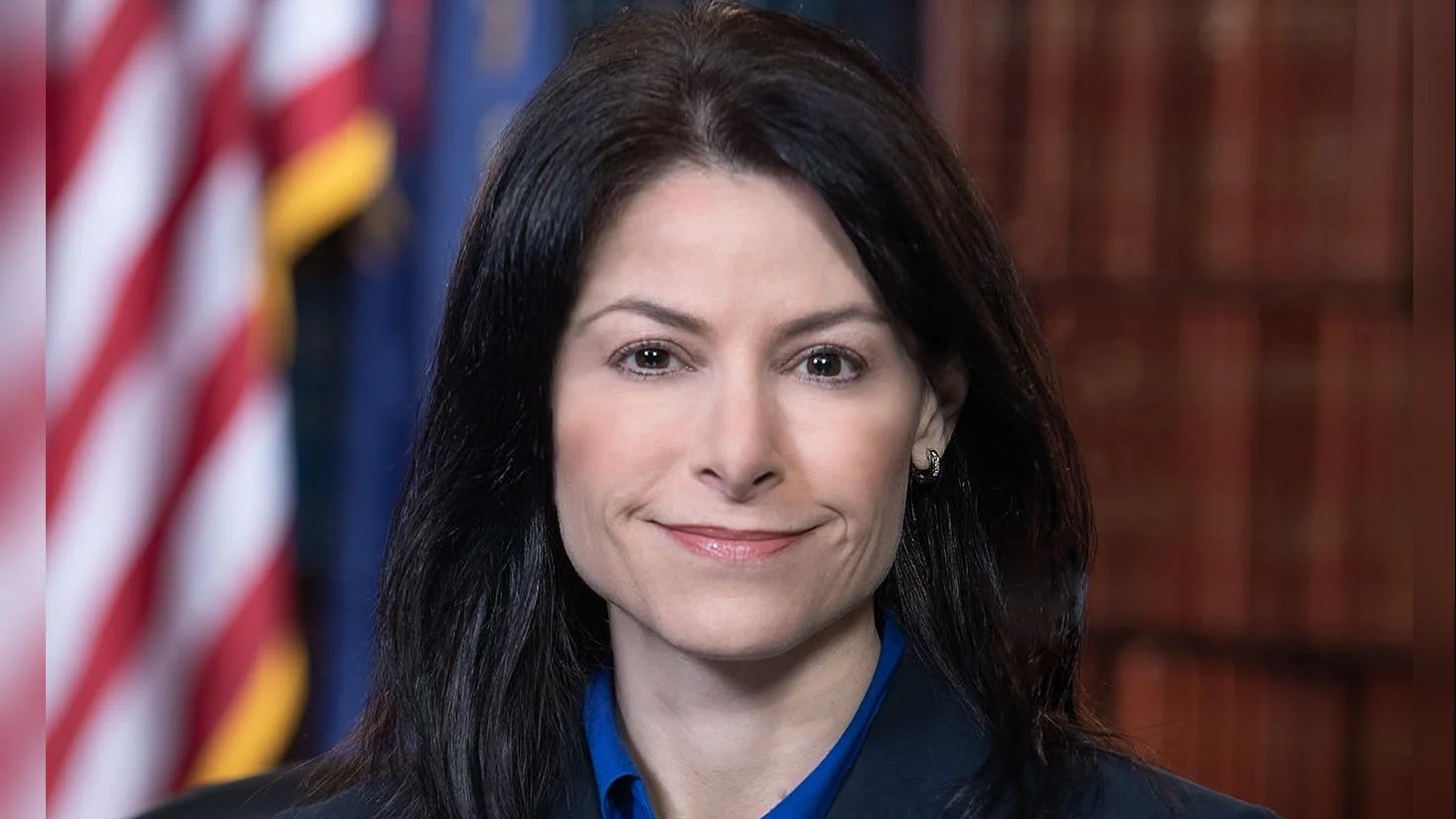Attorney General Dana Nessel | Official website
Attorney General Dana Nessel | Official website
Kimberly Casey Coden, a 38-year-old resident of Huntington Woods, has been sentenced to prison for impersonating a health care professional and intimidating a witness. The sentencing was announced by Michigan Attorney General Dana Nessel and took place in the 44th Circuit Court in Livingston County under Judge L. Suzanne Geddis.
Coden pleaded guilty to multiple felonies in August. Her sentence includes 4-6 years of incarceration for six counts of unauthorized practice of a health profession, 4-7.5 years for two counts of identity theft, and 4-6 years for one count of bribing and intimidating a witness.
Coden was employed as the director of services at Oxford Recovery Center, which operates in Brighton and Troy, providing services to children with autism. She falsely claimed to be a Board-Certified Behavioral Analyst (BCBA) without holding the necessary license or educational qualifications from the State of Michigan. Furthermore, she used another individual's certification number to secure employment at Centria Health Care in 2016 and Positive Behavior Supports Corporation between 2017 and 2018 before joining Oxford Recovery Center from 2018 to 2021.
In addition to falsifying her credentials, Coden attempted to intimidate a witness through text messages to prevent testimony against her.
"Falsifying credentials to gain access to a highly vulnerable population is unethical and reprehensible," stated Attorney General Nessel. "I hope this sentence serves as a warning for others that we take the proper training, qualifications, and licensing requirements very seriously and there are real consequences for those who deliberately shirk them."
The case was managed by the Attorney General’s Health Care Fraud Division (HCFD), which acts as Michigan's federally certified Medicaid Fraud Control Unit. The HCFD receives significant funding from the U.S. Department of Health and Human Services amounting to $5,703,460 for fiscal year 2025 while the State of Michigan contributes $1,901,152.




 Alerts Sign-up
Alerts Sign-up